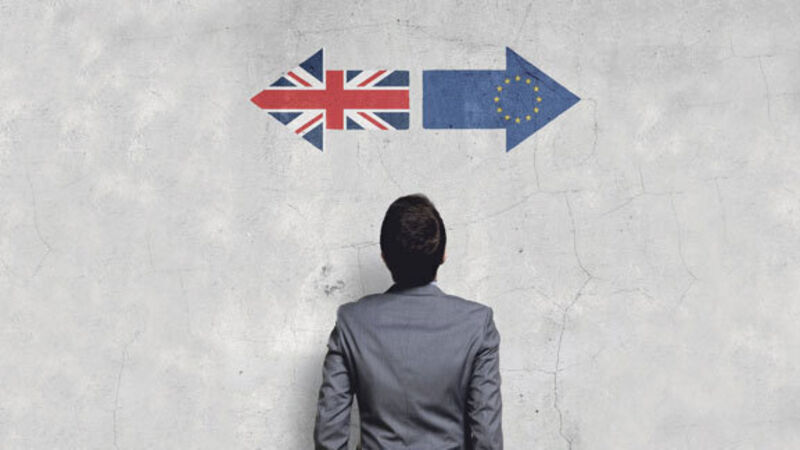Leo stuck to the bottom line on Brexit and delivered at his end

Anyone who has ever negotiated with the British knows that this is mythology. The Irish Government wanted one thing from the current negotiations on Brexit — a simple piece of paper. From the beginning, the Irish Government has insisted that there is only one outcome that can be accepted — an agreement that protects the inviolability of the Good Friday Agreement and that allows no return to the border of the past.
Leo Varadkar, Simon Coveney, and the entire government have stayed true to that simple objective. As I write this, the final shape of an agreement has not been published — and we all know there’s many a slip at moments like this. But it seems clear that our government has won the argument for now.

















